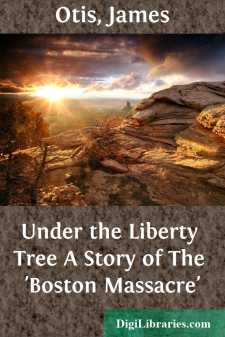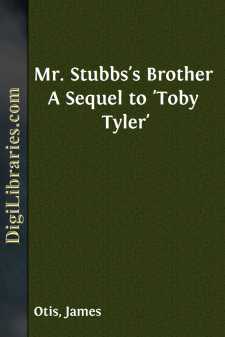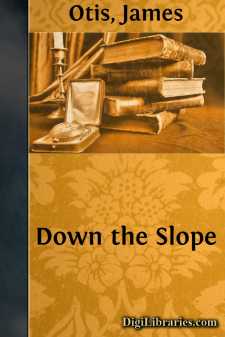Categories
- Antiques & Collectibles 13
- Architecture 36
- Art 48
- Bibles 22
- Biography & Autobiography 815
- Body, Mind & Spirit 144
- Business & Economics 28
- Children's Books 18
- Children's Fiction 14
- Computers 4
- Cooking 94
- Crafts & Hobbies 4
- Drama 346
- Education 58
- Family & Relationships 59
- Fiction 11829
- Games 19
- Gardening 17
- Health & Fitness 34
- History 1378
- House & Home 1
- Humor 147
- Juvenile Fiction 1873
- Juvenile Nonfiction 202
- Language Arts & Disciplines 89
- Law 16
- Literary Collections 686
- Literary Criticism 179
- Mathematics 13
- Medical 41
- Music 40
- Nature 179
- Non-Classifiable 1768
- Performing Arts 7
- Periodicals 1453
- Philosophy 65
- Photography 2
- Poetry 896
- Political Science 203
- Psychology 44
- Reference 154
- Religion 515
- Science 126
- Self-Help 85
- Social Science 82
- Sports & Recreation 34
- Study Aids 3
- Technology & Engineering 59
- Transportation 23
- Travel 463
- True Crime 29
Our website is made possible by displaying online advertisements to our visitors.
Please consider supporting us by disabling your ad blocker.
Under the Liberty Tree A Story of The 'Boston Massacre'
by: James Otis
Description:
Excerpt
CHAPTER I.
THE LIBERTY TREE.
It was on the evening of February 21, 1770, in the city of Boston, that a party of boys, ranging in age from ten to eighteen years, were assembled at what was known as "Liberty Hall," which was not a building, but simply the open space sheltered by the wide-spreading branches of the "Liberty Tree."
Although General Gage's troops occupied the city, and patrols of the "bloody backs," as the red-coated soldiers had been called in derision, paced to and fro at regular intervals along the streets, these boys spoke openly of their desire, and even of their intention, to avenge the wrongs under which the colonists were suffering, believing from past experience that the troops would not dare proceed to extremities with the citizens, more especially since Lieutenant-Governor Hutchinson "doubted his authority to order the soldiers to fire upon the populace."
These boys had shown several times in the vicinity of this same so-called Liberty Hall of what acts they were capable, and there was not one of them but that looked forward to the time when it should be possible to do something more than simply vent his displeasure in words.
They had been among the throng who, in open defiance of the law, had made prisoner of Giles Hendricks; tarred and feathered, and then carried him in a cart through the principal streets of the city to the Liberty Tree, because he had given evidence regarding the smuggling of wine from Rhode Island. Here under the old elm he had been forced to swear he would never be guilty of a like crime in the future, and only then was allowed to go free, wearing his closely fitting and decidedly uncomfortable garment of tar.
The gathering on this particular night at Liberty Hall was, in the opinion of those participating, of great importance.
Several shopkeepers had failed to keep the promise not to import British goods, made in January, and on the afternoon of this day, Hardy Baker, who was apprenticed to Master Piemont, the barber, had learned that Theophilus Lillie, whose shop was on Hanover Street, near the New Brick Church, had not only broken his agreement, but openly declared it was his intention to sell whatsoever he pleased.
"He boasts he will sell even tea, if it so be his customers wish to buy," Master Baker said, in concluding his story of the shopkeeper's iniquities.
"How did you learn this?" Amos Richardson asked, quite sharply, for the barber's apprentice was noted rather for his imaginative powers than a strict adherence to the truth.
"I heard it when I went to the Custom House this morning."
"But what were you doing there? How long is it since you have been hobnobbing in that quarter?"
"Am I accused of being friendly with the 'bloody backs'?" Hardy asked, indignantly. "Can't I go anywhere in the town but that suspicions are aroused?"
"It will be well for you to show anger only after you have explained why you were at the Custom House."
"There is no reason why I should be forced to do so. The part I took in bringing Hendricks to the Liberty Tree is enough to show that the 'bloody backs' can expect no favour from me."
"Yet your master has among his customers many who wear coats of red, and you shave some of them."
"True; but it is not every one over whose face my razor passes, that I call a friend....












